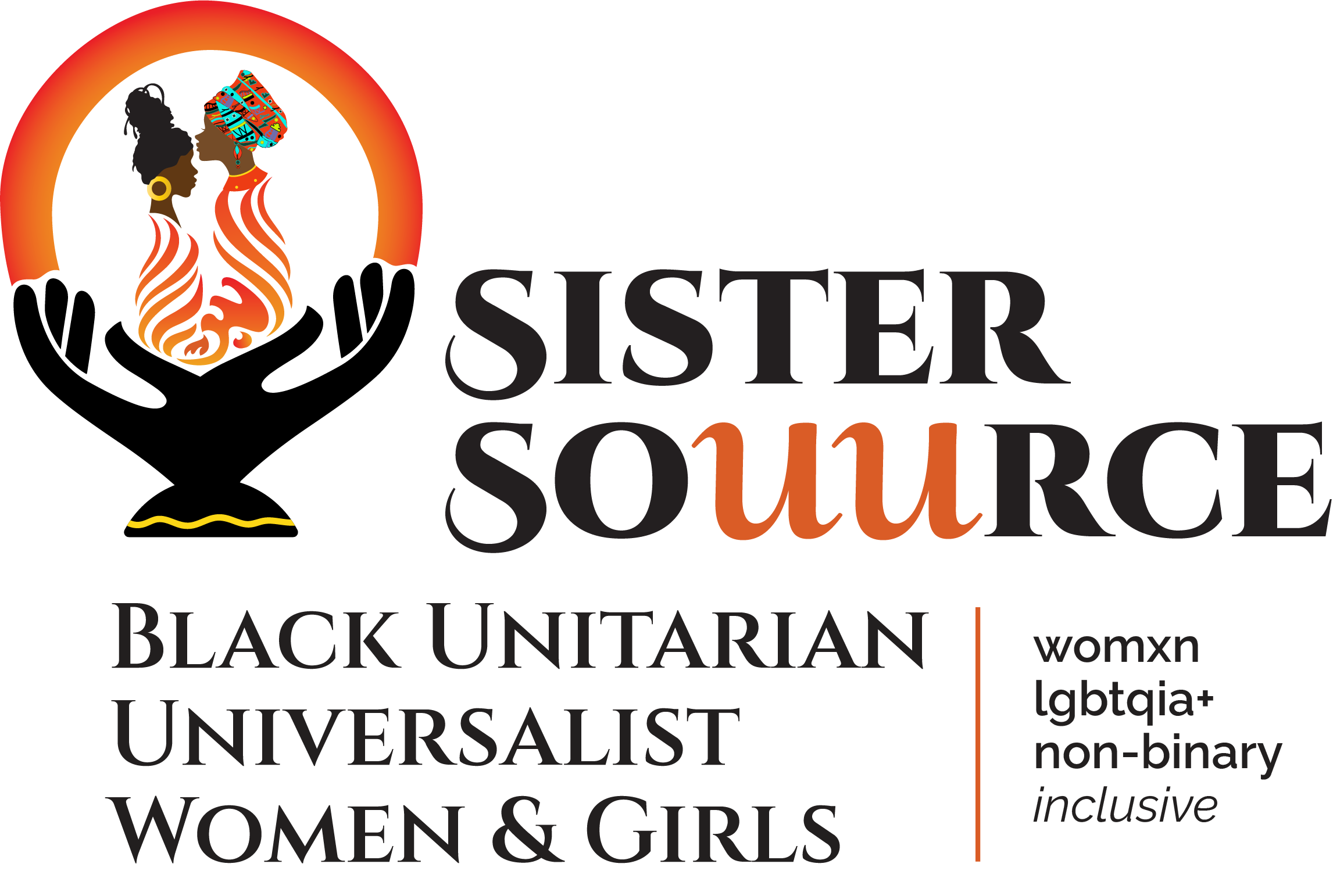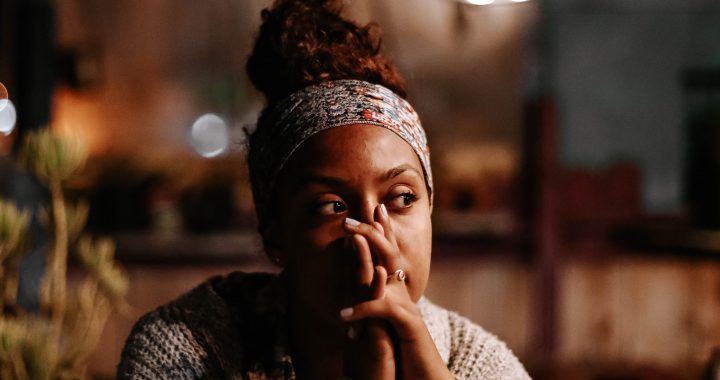Hi Joseph, Mark, Mark, Takiya and Michelle:
I trust each of you is well and safe. I have chosen each of you very carefully because of who you are and because I admire how you show up in the world.
I would like to pick your brains about an idea that I have had for some time. It is a website devoted to Black UU women’s artistic and scholarly pursuits. It would be a “gathering” place for their/our voices and works. I see it as the premier location that would draw UUs and others that want to contribute to the small but growing body of works by/for/about Black UU women and girls. It would become a place that would include: research and funding sources, interviews, advice column, music, art, a roving camera, blogs, and different genres of Black women and girls’ expressive works that provide a glimpse into our lives.
My question is, at this point and time in UU history, should I restrict it to Black UU women and girls or should I create a website for UUs of Color and Latinx women and girls?
I need to pose this question before I get ready to hit the go button. I am actually “interviewing” freelancers to build the website. But I decided to pause because I realize this is bigger than me and I do not want to look back years from now and regret having claimed too small or too large a vision. It never occurred to me to do a personal website because that is too small and I want to gather Black UU women’s and girls’ voices.
It is time. It is past time. I cannot tell you what it felt like to research white women’s entry into UU ministry and to find so much history they have documented and books they have produced about their journey. The envy I felt as a writer and researcher, knowing how I had to scrape to find the smallest bit of info about Black clergy women. And not even having benefit of basic information like how many of us there are. And finally realizing that we would have to create what I was looking for because it did not exist.
Even as I am writing and reflecting I am getting clearer that I must devote this website strictly to Black UU women (femme, transgender, womxn, non-binary) otherwise, the tendency is to go broad and compromise the depth and richness. And that is not what I want. I want deep, deep, rich, rich conversations and research and thoughtful analyses. Going broad will not produce that.
When I say this is my legacy work I am not just saying some words. This is what I am creating and leaving as a representation of my life. Besides my three children, the work I am doing as a writer, griot and researcher is my next most important contribution. Just as I am reading and poring over others’ works I know one day others will discover my words and read, reflect and form an opinion of who I was and what I attempted to do. I want to know I left something of quality. I want others to feel what I feel when I discover information that broadens my understanding and awareness about Black UUs and their presence. I want them to feel that pride and connection that I feel when I read about the champions and superstars and everyday individuals that came before me.
Another practical reason to restrict and narrow the focus on Black UU women and girls is the data base in my brain and on my laptop is becoming so extensive that I cannot stay on top of it. I cannot manage it. I must organize all this information while the neurons are still firing. I was going to share the basic “proposal” I had put together but I cannot find it. None of the possibilities that come to mind have caused it to surface. Right now this is a matter of having too much info in my head and needing to empty some of it out. The website allows for that. But I have been around long enough to speak to elders that I interviewed in the early 2000s who now have some memory loss due to the natural aging process or are suffering from dementia. I do not want to leave it to chance that my efforts will be catalogued.
I should probably delete this email because I have answered the question for myself that I originally posed to each of you. But sharing my thoughts helps me stay connected to each of you in ways that this pandemic seeks to sever.
Blessings!
Qiyamah A. Rahman

